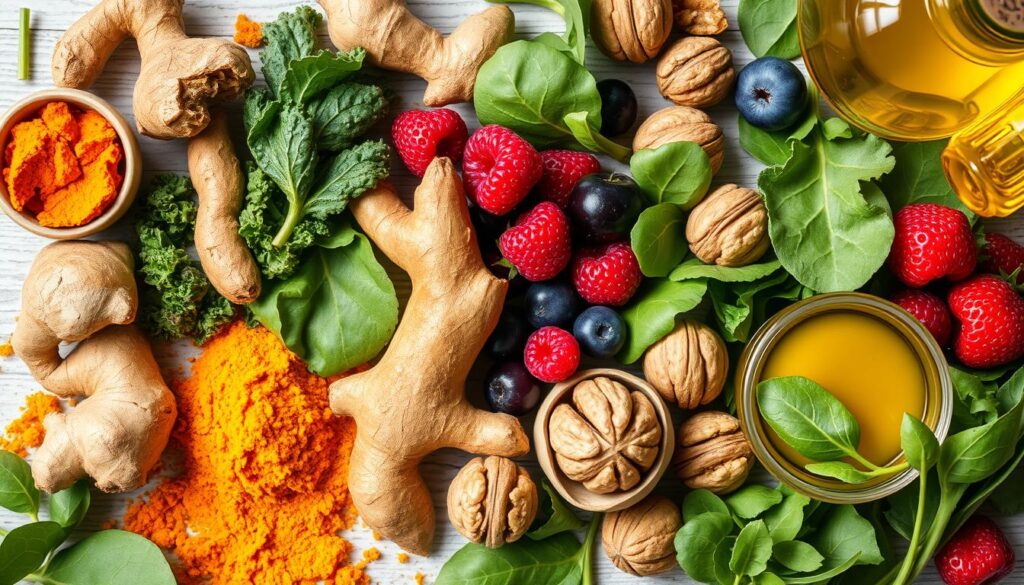Gout is a form of inflammatory arthritis known for causing sudden, severe pain, often in the big toe. It develops in some people who have high levels of uric acid in the blood. This acid can form sharp crystals in a joint, leading to swelling and intense discomfort. Diet plays a significant part in managing uric acid levels and may influence the frequency and severity of gout attacks. Understanding this connection can empower you to make informed decisions about your food choices.
How Does Diet Influence Gout?
Your body produces uric acid when it breaks down purines, which are natural substances found in the body and in many foods. Normally, your kidneys filter uric acid from your blood, and it passes out of your body through urine. When your body produces too much uric acid or your kidneys excrete too little, it can build up. This accumulation leads to the formation of urate crystals in your joints, triggering the painful symptoms of a gout attack.
Dietary choices directly affect the amount of uric acid in your bloodstream. Consuming foods high in purines can raise your uric acid levels, increasing the risk of a gout flare-up. By managing your intake of these foods, you can help maintain lower uric acid levels. A balanced diet focused on low-purine foods supports your body’s ability to manage uric acid effectively.
What Foods Trigger Gout?
Certain foods and drinks containing high levels of purines are common triggers for gout attacks. Limiting these items may be a helpful step in managing your condition. Being mindful of what you eat and drink gives you more control over your health.
Here are some high-purine foods often associated with gout flare-ups:
- Red and Organ Meats: Items like beef, lamb, venison, liver, and kidneys are particularly high in purines.
- Certain Seafood: Some types of seafood, including anchovies, sardines, mussels, scallops, and tuna, contain high purine levels.
- Sugary Beverages and Foods: Drinks sweetened with high-fructose corn syrup and processed foods with added sugars can elevate uric acid levels.
- Alcohol: Beer and distilled liquors are strongly linked to gout because they both increase uric acid production and make it harder for your body to remove it.
Paying attention to these food groups helps you identify potential triggers in your own diet. A personalized approach to eating allows you to build a meal plan that works for you.
What Are Treatment Options?
Managing gout often involves a combination of lifestyle adjustments and medical treatments designed to relieve pain and prevent future attacks. Your healthcare provider can help you create a plan that fits your specific needs and health profile. The goal is to reduce uric acid levels and manage symptoms.
Standard treatment approaches may include:
- Medications: Doctors may prescribe nonsteroidal anti-inflammatory drugs (NSAIDs) or corticosteroids to reduce pain and inflammation during an attack. Other medications may help lower uric acid production or improve its removal by the kidneys.
- Lifestyle Changes: In addition to diet, maintaining a healthy weight and staying physically active can help manage gout. Drinking plenty of water also supports kidney function in flushing out uric acid.
Working with a professional allows you to explore the best options for your situation. These strategies may provide both short-term relief and long-term management.
Consult a Specialist
While dietary changes are a positive step, managing gout effectively requires professional medical guidance and treatment. A doctor or a registered dietitian can provide personalized advice tailored to your health needs. They can help you develop a comprehensive plan that includes diet, lifestyle modifications, and appropriate treatments. Taking proactive steps with professional support can help you manage your condition and improve your quality of life. Reach out to a healthcare provider to discuss your symptoms and create a plan that is right for you.
